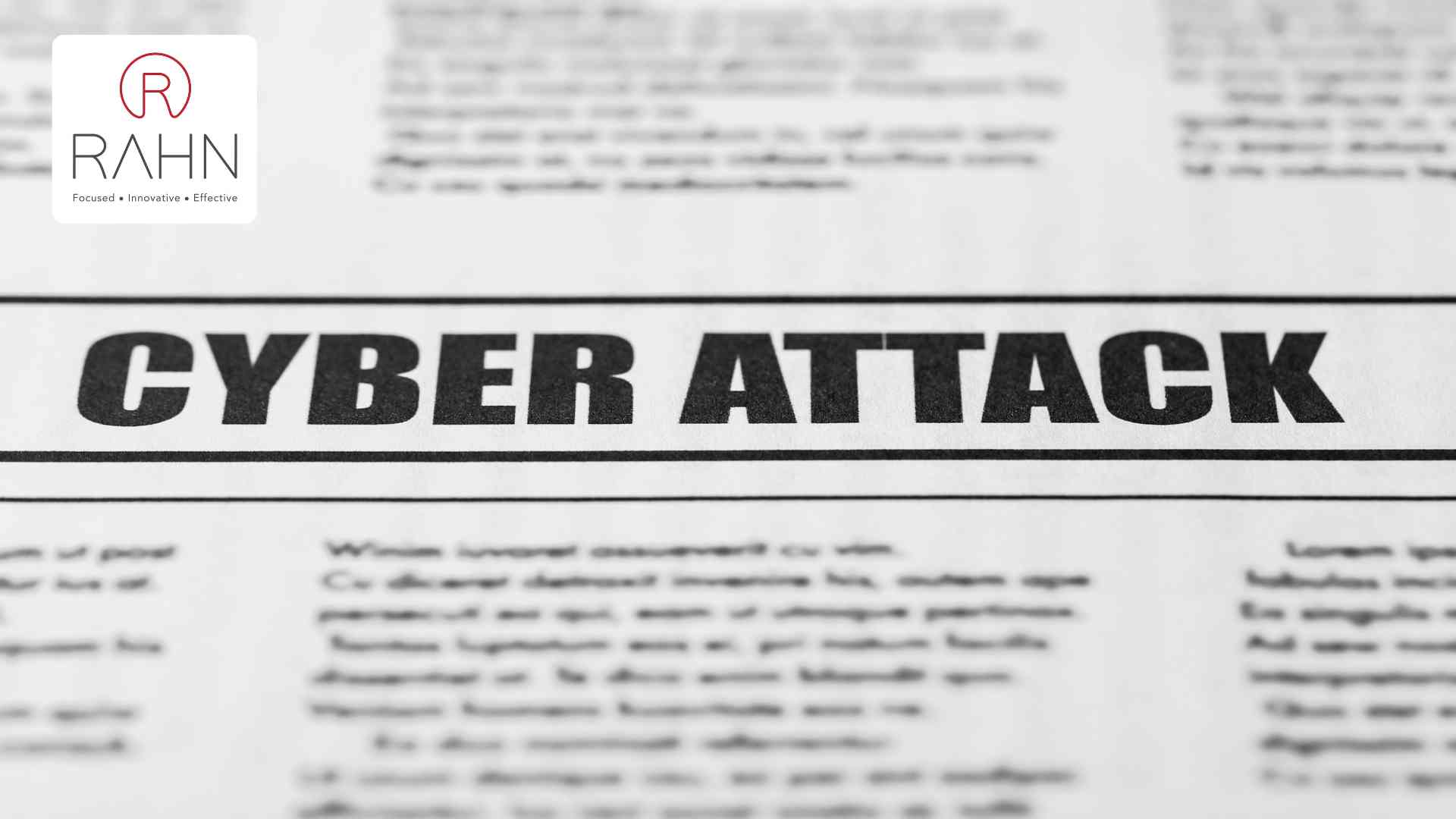The Growing Threat Of Cyber-attacks On Health Data: Protecting Patient Privacy In The Digital Age
Hackers Are Poised to increase their Cyber-attacks on Health Data
How Hackers Are Poised to Severely Influence Health Data: A Growing Concern
In the digital age, the healthcare industry has witnessed a transformative shift towards the integration of technology. Electronic Health Records (EHRs), telemedicine, and wearable health devices have become the norm, revolutionising patient care and streamlining operations. However, this technological advancement comes with a significant downside: the increasing vulnerability of health data to cyber-attacks. As hackers become more sophisticated, the potential for severe repercussions on health data is a growing concern that demands immediate attention.

The Rise of Cyberattacks on Health Data
Hackers have long recognized the value of health data, which often contains sensitive information such as personal identification details, medical histories, insurance information, and even financial records. Unlike credit card information, which can be quickly cancelled and reissued, health data is permanent and cannot be easily altered. This makes it a lucrative target for cybercriminals.
In recent years, the healthcare sector has experienced a surge in cyberattacks. Ransomware attacks, data breaches, and phishing schemes have all become alarmingly common. These attacks not only jeopardize patient privacy but can also disrupt critical healthcare services, potentially leading to life-threatening consequences.
The Potential Impact on Health Data
- Compromised Patient Privacy:
- One of the most immediate and concerning impacts of a cyberattack on health data is the breach of patient privacy. Sensitive information, such as medical diagnoses, treatment plans, and personal identification details, can be exposed to unauthorized individuals. This not only violates patient confidentiality but can also lead to identity theft, discrimination, and a loss of trust in healthcare providers.
- Alteration of Medical Records:
- Hackers may also manipulate health data, leading to altered medical records. This could result in incorrect diagnoses, inappropriate treatments, or even the administration of dangerous medications. The implications of such alterations are profound, potentially leading to severe health outcomes or even fatalities.
- Disruption of Healthcare Services:
- Ransomware attacks, where hackers lock access to critical health data until a ransom is paid, can cripple healthcare facilities. Hospitals may be forced to delay or cancel surgeries, and emergency services could be hindered. Such disruptions can have a cascading effect, putting countless lives at risk.
- Financial and Legal Repercussions:
- The financial cost of a Cyber-attacks on Health data can be staggering. Healthcare organizations may face hefty fines for failing to protect patient information, as well as the costs associated with restoring data and systems. Additionally, they may be subject to lawsuits from affected patients, further straining resources.
- Erosion of Public Trust:
- Perhaps one of the most long-lasting impacts of a health data breach is the erosion of public trust in the healthcare system. Patients may become reluctant to share their information or engage with digital health services, which can hinder the overall effectiveness of healthcare delivery.
The Future of Health Data Security
As the threat landscape continues to evolve, the healthcare industry must take proactive measures to safeguard health data. This includes investing in advanced cybersecurity solutions, training staff to recognise and respond to potential threats, and implementing robust data protection protocols.
Regulatory bodies also play a crucial role in enforcing stringent data protection standards and holding healthcare organisations accountable for breaches. As health data becomes increasingly digital, the need for comprehensive cybersecurity strategies will only intensify.
The influence of hackers on health data is not a distant threat; it is a present and growing danger that requires immediate action. The healthcare industry must prioritise cybersecurity to protect sensitive health information and ensure the safety and well-being of patients. As we continue to embrace technological advancements in healthcare, we must remain vigilant against the ever-evolving tactics of cybercriminals, understanding that the cost of inaction could be devastating.

